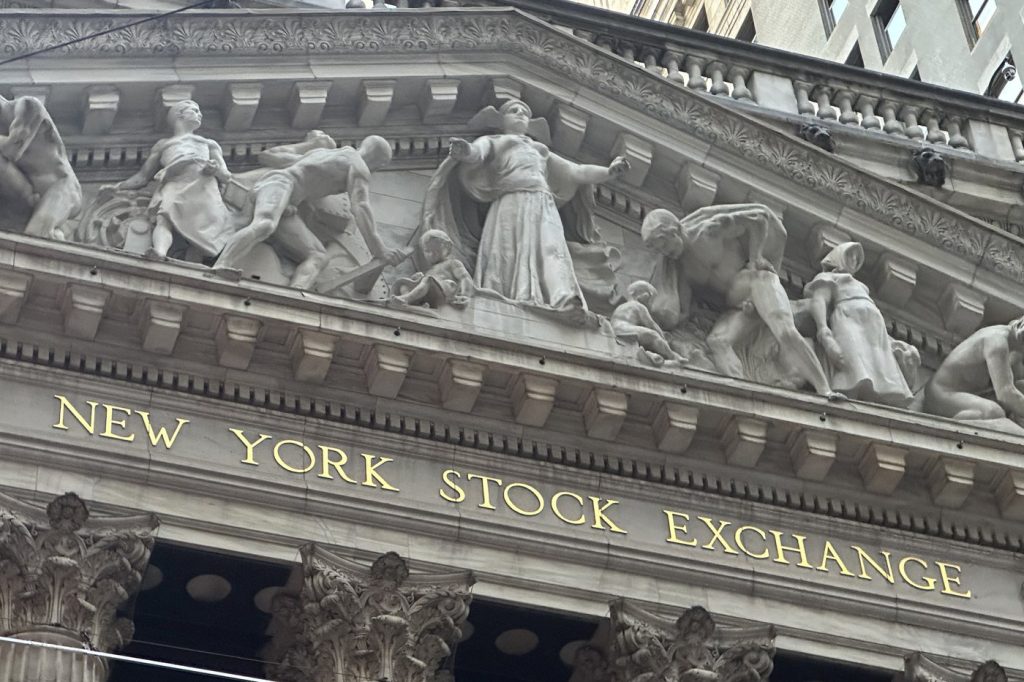HONG KONG (AP) — On Tuesday, Asian shares were mostly higher, driven by a notable surge in Chinese technology stocks. This uptick was largely attributed to a supportive meeting between Chinese President Xi Jinping and prominent entrepreneurs, signaling renewed confidence in the technology sector. Hong Kong's Hang Seng Index rose 1.64% to reach 22,986.88, while the Shanghai Composite Index experienced a modest gain of 0.15%, settling at 3,360.95. In Japan, the Nikkei 225 advanced by 0.39% to 39,296.11, buoyed by better-than-expected economic growth forecasts for the fourth quarter. Conversely, shares in Australia, represented by the S&P/ASX 200, declined by 0.53% to 8,491.70, while South Korea's Kospi increased by 0.43% to 2,621.73.
The rally in Chinese technology stocks was notable, with leading players in the e-commerce and technology sectors seeing significant gains. Alibaba and Xiaomi both reported stock price increases exceeding 4%, while Tencent and Meituan also contributed to the positive momentum in the market. President Xi Jinping’s recent meeting with tech leaders, including Alibaba’s founder Jack Ma, has been interpreted as a move to reassure the industry following a period of regulatory scrutiny and crackdowns that have spooked investors in past years.
Stephen Innes, managing partner of SPI Asset Management, highlighted the importance of Xi's engagement with tech executives, suggesting that it reflects Beijing's increasing concern regarding the momentum of the economy and China’s competitiveness in the global technology arena. He pointed out that investors should be aware that this political support might either lead to long-term changes in policy or perhaps be more of a temporary display of confidence.
Market observers are closely tracking whether the bullish trend in China and Hong Kong's stock markets will persist, especially as Chinese stocks have outperformed those in Japan, the U.S., and India this year. A report from BofA Securities indicated that notable factors driving the Chinese stock market include improved relations with the U.S. and the emergence of DeepSeek as a competitor to leading U.S. artificial intelligence models, alongside a relatively cautious trade stance that President Trump has maintained.
Meanwhile, global markets are bracing for potential impacts from recent tariff announcements made by President Trump. Despite some nervousness regarding the tariffs, analysts remain hopeful that a significant global trade conflict can still be averted as the newest tariffs are not set to take full effect for several weeks. This delay offers countries additional time to engage in negotiations with the United States.
In the energy sector, benchmark U.S. crude oil saw an increase of 54 cents, reaching $71.25 a barrel, while Brent crude, the international oil standard, edged up by two cents to $75.24 a barrel. Currency markets showed a strengthening of the U.S. dollar, which rose to 151.91 Japanese yen, compared to 151.51 yen previously. The euro was trading at $1.0465, down from $1.0484, indicating some fluctuation in foreign exchange rates amid these developments.
As the situation evolves, the Asian markets remain vigilant, particularly in the wake of shifts in domestic policy and international trade relations. Investors will be keen to observe the outcomes of Xi Jinping’s discussions and their potential long-term implications on the technology sector and the broader economy.










